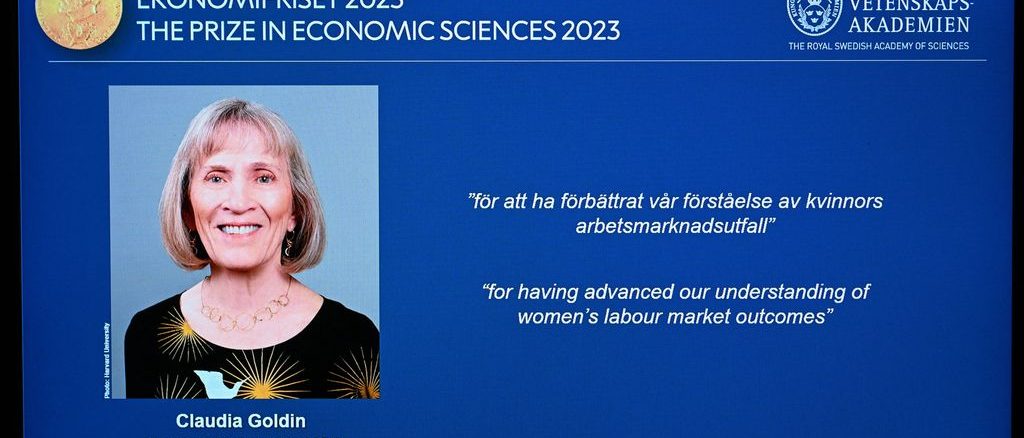
Claudia Goldin Receives the Nobel Prize in Economics
Claudia Goldin, a professor at Harvard University, has been awarded the Nobel Prize in Economics for her groundbreaking research on gender inequality in the labor market. She is the third woman in history to receive this prestigious award.
Decades of Research into Wage Gap
Goldin’s research spans over thirty years, focusing on the income disparity between men and women in the United States. Her work provides valuable insights into the origins of the gender pay gap, examining changes in laws, social norms, and access to education for women.
She also explores the impact of medical advancements, such as the contraceptive pill, on women’s control over their lives and the positive effects it has had on their position in the labor market.
In her recently published book, “Career & Family: Women’s Century-Long Journey toward Equity,” Goldin dives deeper into the factors contributing to the stagnation in closing the wage gap and the influence of parenthood on this phenomenon.
Jury member Randi Hjalmarsson emphasizes the significance of Goldin’s work, stating, “One cannot address a problem without first identifying its causes. Goldin’s research sheds light on the changing nature of the gender pay gap over time.”
Goldin joins the ranks of the few women who have received the Nobel Prize in Economics since its establishment in 1969. The previous female laureates include Elinor Ostrom in 2009 and Esther Duflo in 2019.
Award Value and Ceremony
The Nobel Prize in Economics, awarded by the Royal Swedish Academy of Sciences, includes a prize amount of approximately 950,000 euros. The award ceremony will take place on December 10 in Stockholm, Sweden.
Last year, Ben Bernanke, Douglas Diamond, and Philip Dybvig received the Nobel Prize for their contributions to the understanding of financial crises. In 2021, Dutch-American economist Guido Imbens was honored for his work on causal relationships in economics.
No “Real” Nobel Prize
While commonly referred to as the Nobel Prize in Economics, this distinction has a distinct history. Founder Alfred Nobel did not establish this prize himself. Officially known as The Swedish Reichsbank Prize for Economic Sciences in Memory of Alfred Nobel, it was introduced in 1969 to commemorate the 300th anniversary of the Swedish central bank. The traditional Nobel Prizes have been awarded since 1901.
Despite its separate origins, the Nobel Prize in Economics is presented alongside the other Nobel Prizes during the annual ceremony in Stockholm on December 10, which marks the anniversary of Alfred Nobel’s passing. The Nobel Peace Prize is the only award presented separately in Oslo, Norway, on the same day.

Be the first to comment